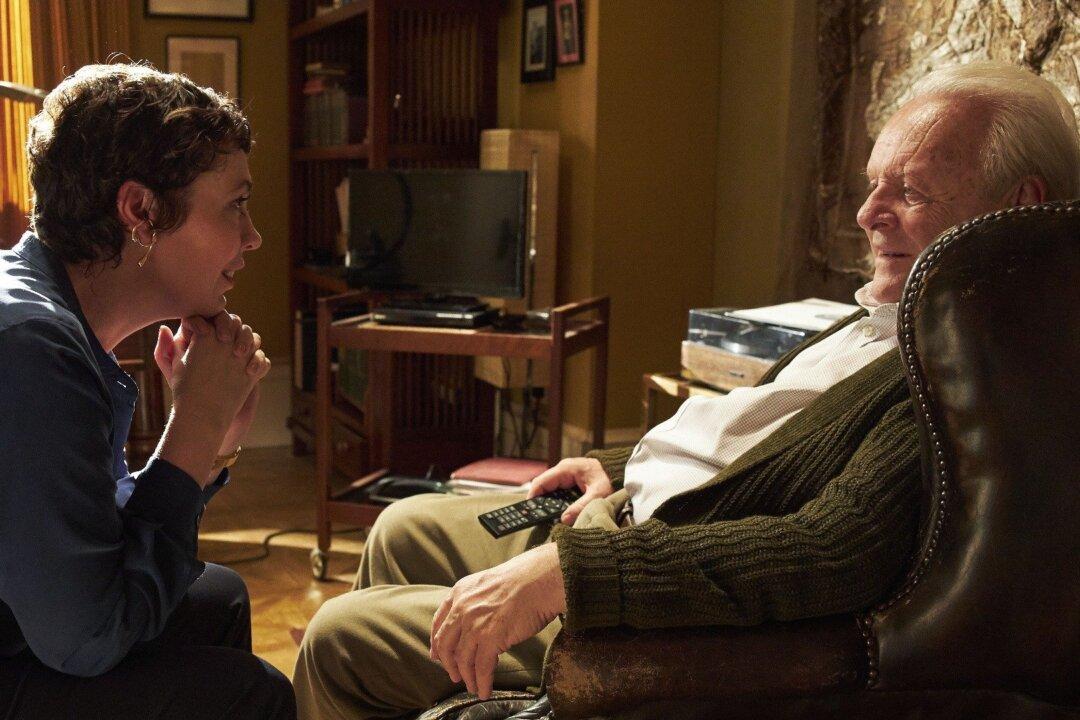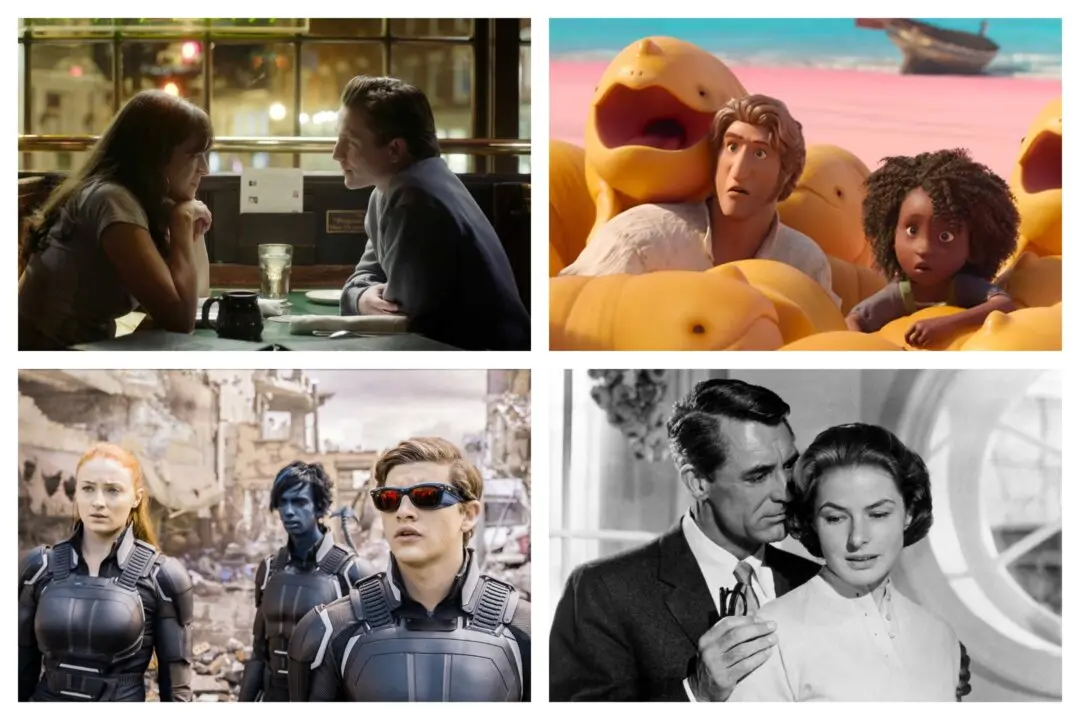PG-13 | 1h 37min | Drama | 26 February 2021 (USA)
There are some basic issues that we all think about from time to time: our own mortality, the meaning of our existence, what happens after death, and so on. But many of us have also thought about the mortality and decline of the elders we are related to and love dearly.






